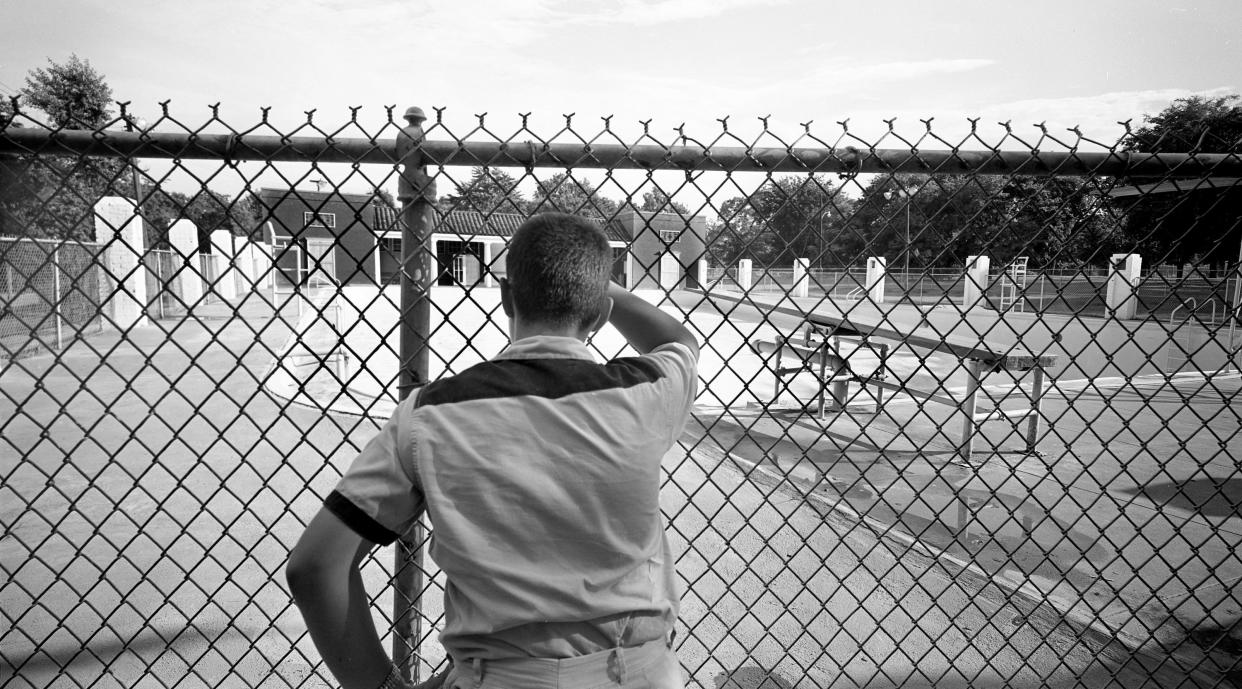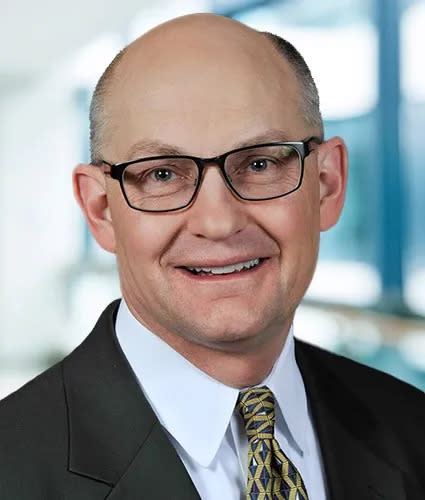My first lesson in white privilege: I learned to swim when my friend Perry couldn't

Allen Kinzer is a partner in the law firm of Vorys, Sater, Seymour and Pease LLP and has practiced law in Columbus for 35 years.
The Republican-led Ohio legislature is following a disturbing trend in considering laws that would eliminate the diversity, equity and inclusion training.
My first white privilege acknowledged in such trainings — I learned to swim when my friend Perry couldn't — points to why such trainings are valuable.
I grew up attending elementary school in Radford, Virginia, a college town by the New River.
When I was about six years old— around 1969-1970 — we drove by a park on the outskirts of town, where I saw a dinky swimming pool that had been filled-in with concrete.
The lesson my town's pool taught me
I asked my mom why the swimming pool was filled in.
She explained that the people of Radford had filled it in because the white people didn’t want to swim with the Black people. The public pool had been “Whites Only,” but the laws had changed.
If there was a public pool, then all kids had to be allowed to swim. So, the white people filled it in. Jim Crow was still lurking in the shadows.
"But mommy, where do I learn to swim?” It was important to my parents that I learn to swim. There was a private club with a pool — it was Whites Only — toward another town.
A direct threat: Ohio's chilling new pro-ignorance bill a threat that will drive off students
I took swimming lessons there.
Sometime while taking swimming lessons, I asked my mom where Perry would learn to swim.
Perry was Black.
My mom then teared up and explained that there wasn’t a pool where Perry could swim.

It’s easy to remember the things that make your mom tear up. My mom was a schoolteacher at a different elementary school, and Perry was one of her students.
Perry came to eat with us some nights and we played together. I later learned that Perry lived in a house with, in today’s terms, domestic violence. So, sometimes my mom brought him home with her after school.
My dad's plan
My dad ran for city council and was elected mayor of Radford. He and two of his political mentors — both white Democrats older than my dad — teamed together. I tagged along with my dad to some meetings, not knowing what the grown-ups were doing. But in looking back now, it’s easy to see a plan.
They first voted to build a Little League field.
White boys and Black boys could now play baseball together. Then, the big task. A municipal swimming pool. We moved to Ohio about the time the Bisset-Margaret Duncan park opened in Radford, complete with a public swimming pool.
Margaret Duncan was one of my dad’s political mentors, one of the grown-ups at those meetings.
Opinion: White men have controlled whether or not Black women had babies through American history
Today, Radford has a large Rec Center where all kids can play sports together. During this holiday season, I’m thankful for those grown-ups of my childhood and what they did for us kids of Radford.
Diversity training sessions can help bring our past experiences into focus, emphasize instances of privilege and discrimination that are often glossed over, and enhance a feeling of empathy.
Today, I read with concern that some want to ban such diversity training. To some, the 1970s may seem like a long time ago or nonexistent, but I wonder whether Jim Crow is lurking in disguise?
Allen Kinzer is a partner in the law firm of Vorys, Sater, Seymour and Pease LLP and has practiced law in Columbus for 35 years.
This article originally appeared on The Columbus Dispatch: DEI enhances empathy. We can't fight racism, discrimination without it

